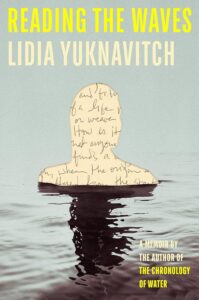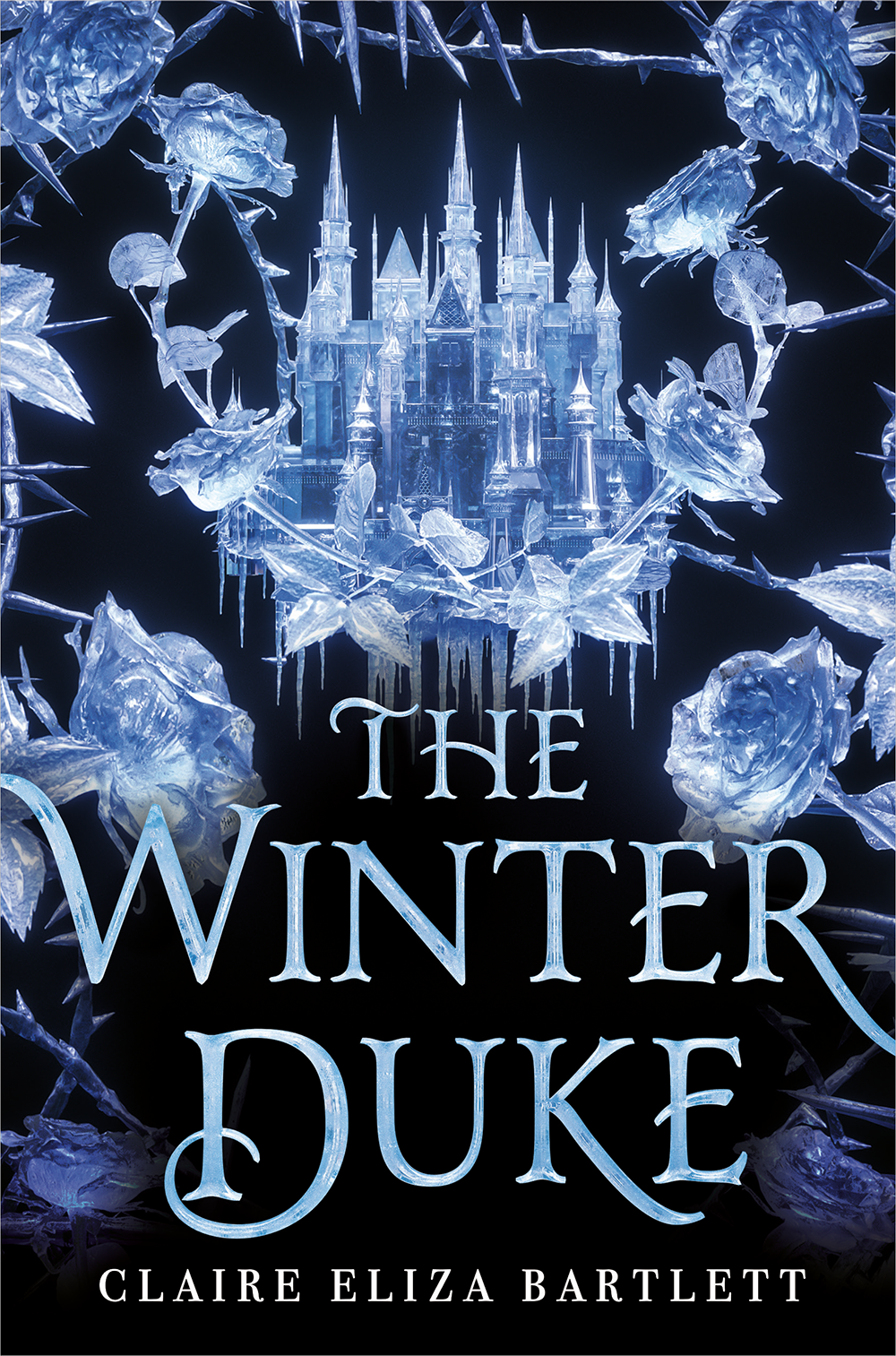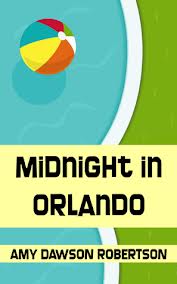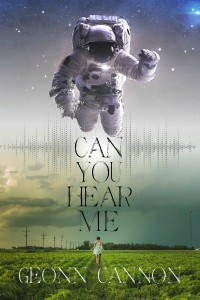Chronology of Water by Lidia Yuknavitch has been on my to-read list for years; I’ve heard nothing but excellent things about that memoir. So, when I saw that she had new one out (that I could talk about on the All the Books podcast), I had to pick it up! Reading the Waves ended up exceeding my high expectations. I highlighted passage after passage, both because the language is beautiful and also because they are ideas I want to turn over several times to really take them in.
The relationship between memory and story is something that’s always fascinated me; I have a terrible memory and also experience the world first through story. So, I was hooked from the beginning, which describes how memory is iterative and remembering is an act of storytelling—”Anything that can be put to story can be storied differently.” She pulls in threads from many other writers, including Virginia Woolf and Toni Morrison, to describe how this book is a way of laying down memories that are too heavy to carry forward.
These are heavy stories. I want to give content warnings for suicide, the death of a child, child sexual assault, rape, murder, ableism, homophobia, parental abuse, and domestic violence. These are not mentioned in passing: the majority of the book is dealing with these topics, and I will be discussing them more in this review.
The author connects her experiences with the greater societal context as well. She knew two different women whose bodies were found burned in the trunk of a car: in her childhood, she found out that was how her cousin died, and as an adult, a Black student of hers died in the same way. She writes about how these were not her stories; she was just on the periphery of them. At the same time, they are all part of a story of a deeply misogynistic culture that ties into her own experiences with rape and violence from men.
A figure that looms large in this narrative is Devin, her ex-husband who died by suicide after they stopped being in touch. She returns to their relationship several times throughout the book from different angles. She was passionately, dangerously devoted to him—”No one has ever loved me the way that I loved Devin, either. I now thank all the stars in the sky for that.” When she met Devin, she was swallowed up by her grief for her daughter, who died the day she was born. This tumultuous relationship was something else to pour herself into. But eventually, as she found new strength through other women’s writing, she realized she could no longer convince herself that she could save this “man at the edge of death”: “…I could not have helped wanting him. But neither could I carry him— the weight of him, the soggy mass and mess of him—in the end. I tried so hard.”
There are many other relationships that are touched on in this book, including several intense—if brief—sexual and romantic relationship with women, but just as present is the story of her mother. Her mother was disabled, born with one leg six inches shorter than the other. She faced a lot of ableism, and Lidia Yuknavitch—who has scoliosis and chronic pain—internalized that. It can be hard to read at times, because the author describes her in ableist terms, but it’s true to the context she grew up in. It’s also made more complicated because her mother did not protect her or her sister from her father’s abuse—the relationship between daughter and mother through her whole life is complicated, and it weaves through and influences the other relationships in her life.
While the subject matter is dark, the beautiful writing kept me entirely engrossed. There are also fairy tale-like interludes that feel part fantasy, part memoir, part poetry. This is a story about running toward self-destruction, but it’s made easier to handle knowing that it’s written from a very different time in her life. Because Reading the Waves is mostly concerned with grappling with her past, her husband Andy and their son Miles aren’t as central to the story, but they provide a calm anchoring point in the present.
I feel like I’ve hardly described this book at all, but I have to stop at some point, so I’ll just say that I loved reading this thoughtful memoir; it will definitely leave a mark. With the caveat that you should read and consider those content warnings first, I highly recommend Reading the Waves, and I immediately want to pick up all the other books she’s written.




Leave a Reply